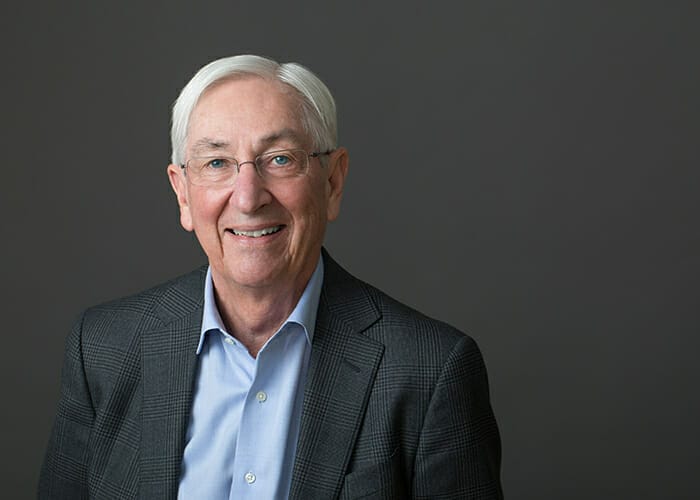In 2012 there were 31 hedge fund managers on the Forbes 400 list, representing about 8 per cent of the wealthiest people in the US, up from 6 per cent the year before.
Wealthy people on the whole don’t interest me, but innovation does. And the creation of wealth, and the creation of jobs and prosperity from innovation is perhaps capitalism’s greatest virtue.
But the problem, it could be argued, is hedge funds don’t innovate. Hedge funds don’t build value, they trade value, and the rise of the number of hedge fund managers on the Forbes list is revealing.
According to the dean of the Rotman School of Management at the University of Toronto, Roger Martin, if we live in a world where trading value is more important than building value, then “we have a messed-up economic system”.
Speaking at the World Economic Forum in Davos last week, Martin had a pretty clear message – he would ban pension funds from investing in hedge funds.
“I would cut off their supply lines, which are pension funds,” he says.
Martin sees no reason for a pension fund with long-dated liabilities to invest in a vehicle that has a short-term focus and charges fees of 2 and 20 per cent.
“They swing for the fences with pensioners’ money,” he says. “I would ban pension funds from investing anything that charges fees for assets under management and carry.”
Furthermore, when many hedge fund managers get to a certain size they give back clients’ money and simply manage and trade their own wealth. This behaviour demonstrates a distortion in the alignment of interest with the long-term investor.
Endless chatter
The pension industry talks endlessly about the merits of long-term investing. At Davos there was a session on “unlocking long-term capital”, with panellists including Mark Wiseman, chief executive from CPPIB. Roger Martin, who is everywhere at the moment, also recently participated in a webinar with sustainable investing pioneer and advocate, Raj Thamotheram.
But while there is a lot of talk, there is little real action. Pension fund executives have the power, and an enormous amount of autonomy given their size, to decide where to invest. If so much academic literature and regulatory reviews such as those of John Kay recommend a focus on the long term, why don’t they just do it?
Why invest in companies that charge high fees? Why invest in companies that don’t have appropriate executive remuneration or human rights practices? Why invest in companies that don’t consider future generations or environmental impact?
Changing the rules of capitalism?
The good news is the momentum seems to be swinging towards altering the rules of capitalism.
Raj Sisodia’s conscious capitalism movement is compelling. In a TEDx Talk he argues that we need to elevate the consciousness with which we conduct business. We need to “see the whole reality, see all the consequences of what we are doing, not just the ones we are focused on”.
The announcement of a Sustainable Investment Research Initiative by CalPERS this week is also a positive move, with the fund’s sustainability agenda driving the formation of its investment principles. Global governance will be at the core of its investment decisions.
On one hand CalPERS has been slow to act; the fact a fund of that size is only setting investment principles for the first time is astounding.
On the other hand, they are now leapfrogging their contemporaries, adopting governance as a core value and recognising that pension funds have a responsibility to people. People that live in the world, not on Wall Street, and not within financial instruments, and not on Forbes lists.
This is a changing world, where dynamism and responsibility have to be core attributes, especially if you’re acting on behalf of someone else.



